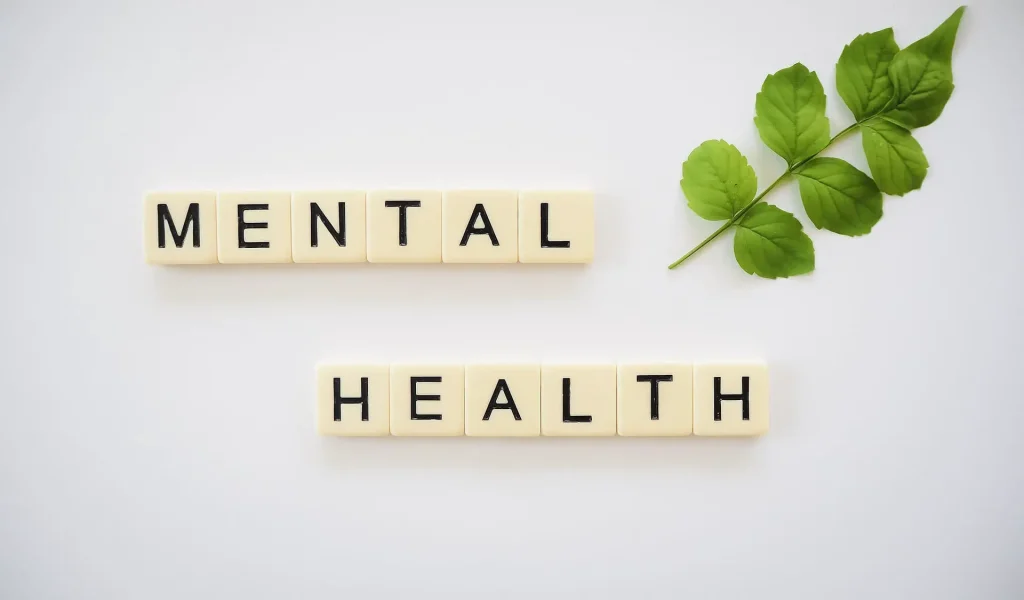The survey was carried out by the Agency for Science and Higher Education (AZVO) from 2 to 12 September, covering nearly 4,300 university students at all levels from across Croatia. Postgraduate students were asked to complete e-questionnaires.
The survey has revealed that direct contacts have no alternative, which is why it is important to return to face-to-face classes while at the same time complying with the epidemiological measures for the duration of the pandemic, AZVO’s acting director Jasmina Havranek said.
In the last academic year, the majority of classes (40%) were taught only online, with 49% of senior graduates and 29% of first-year undergraduates attending such classes. 63% of freshmen said that they did not gain a full experience of studying because of the pandemic.
Over 35% of respondents cited classroom learning as the desired form of learning in the current academic year, while 29% said they preferred online classes.
As for vaccination against COVID-19, 60% of those interviewed said they would not support mandatory vaccination for students and faculty, while 25% said they would.
The survey revealed a considerable level of dissatisfaction among students with their lives compared with the pre-pandemic period, with 59% of them saying they were much less satisfied. Part-time students were more satisfied than their full-time colleagues.
The pandemic has also undermined the sense of belonging to the student community as 73% of students said they did not have a chance to meet new people as before. In post-pandemic life, the majority of students (71%) are looking forward to socialising with their colleagues without restrictions, and as many of them are looking forward to not having to wear face masks.
As many as 52% of students perceived their mental health as being worse or much worse than it was before the pandemic. Students were mostly concerned about the possibility of their infecting people close to them with coronavirus (57%), while they were least concerned about themselves getting infected (17%).
During the last academic year, 50% of students experienced social isolation and loneliness, and as many said they had trouble with their attention span and concentration. 46% felt anxious and 29% depressed, 43% used social networks in an unhealthy way, 32% expressed an interest in in-person counselling, while a quarter of them said they felt much better than before the pandemic.
For more on COVID-19, follow TCN”s dedicated page.
For more about Croatia, CLICK HERE.











